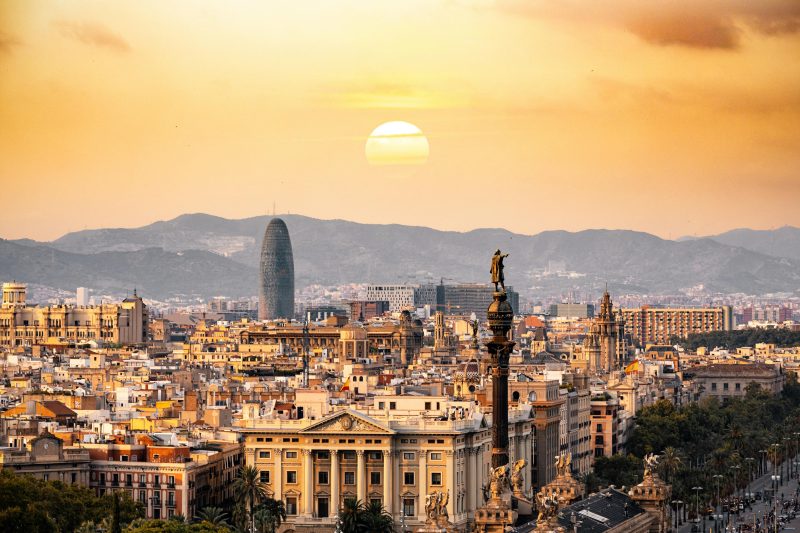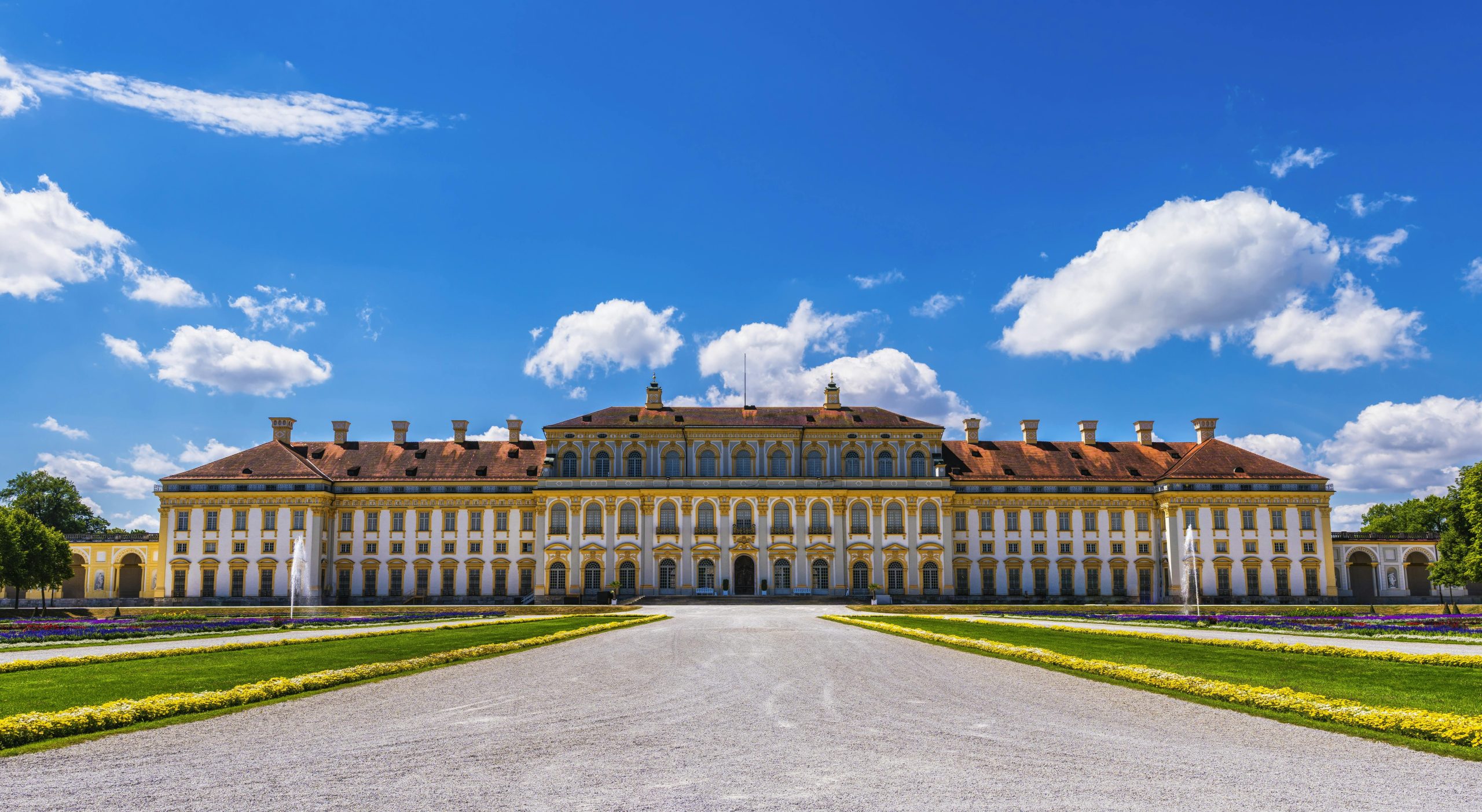
Spain, a country located in southwestern Europe, is known for its rich cultural heritage,


Germany, located in Central Europe, is a major global economic and cultural power. With a population of over 84 million, it is the largest EU member state. Berlin, its capital, is a hub of art, politics, and innovation. Germany operates as a federal parliamentary republic, with 16 states contributing to its diverse regional identity.
Germany has a profound history, from the Holy Roman Empire to its unification in 1871 and significant roles in global conflicts. Post-World War II, it emerged as a leader in the European Union. German culture is influential in music, philosophy, and science, with icons like Beethoven, Goethe, and Einstein. It is renowned for festivals like Oktoberfest, Christmas markets, and diverse regional traditions.
Germany’s education system emphasizes high-quality and affordable learning. Public universities often have no tuition fees for domestic and international students. Prominent institutions include:

Germany offers a universal healthcare system, combining public and private insurance. Its efficient and high-quality medical services are globally recognized.
The cost of living in Germany varies by region. Cities like Munich and Frankfurt are expensive, while smaller towns are more affordable. Housing, food, and transport are well-regulated and accessible.